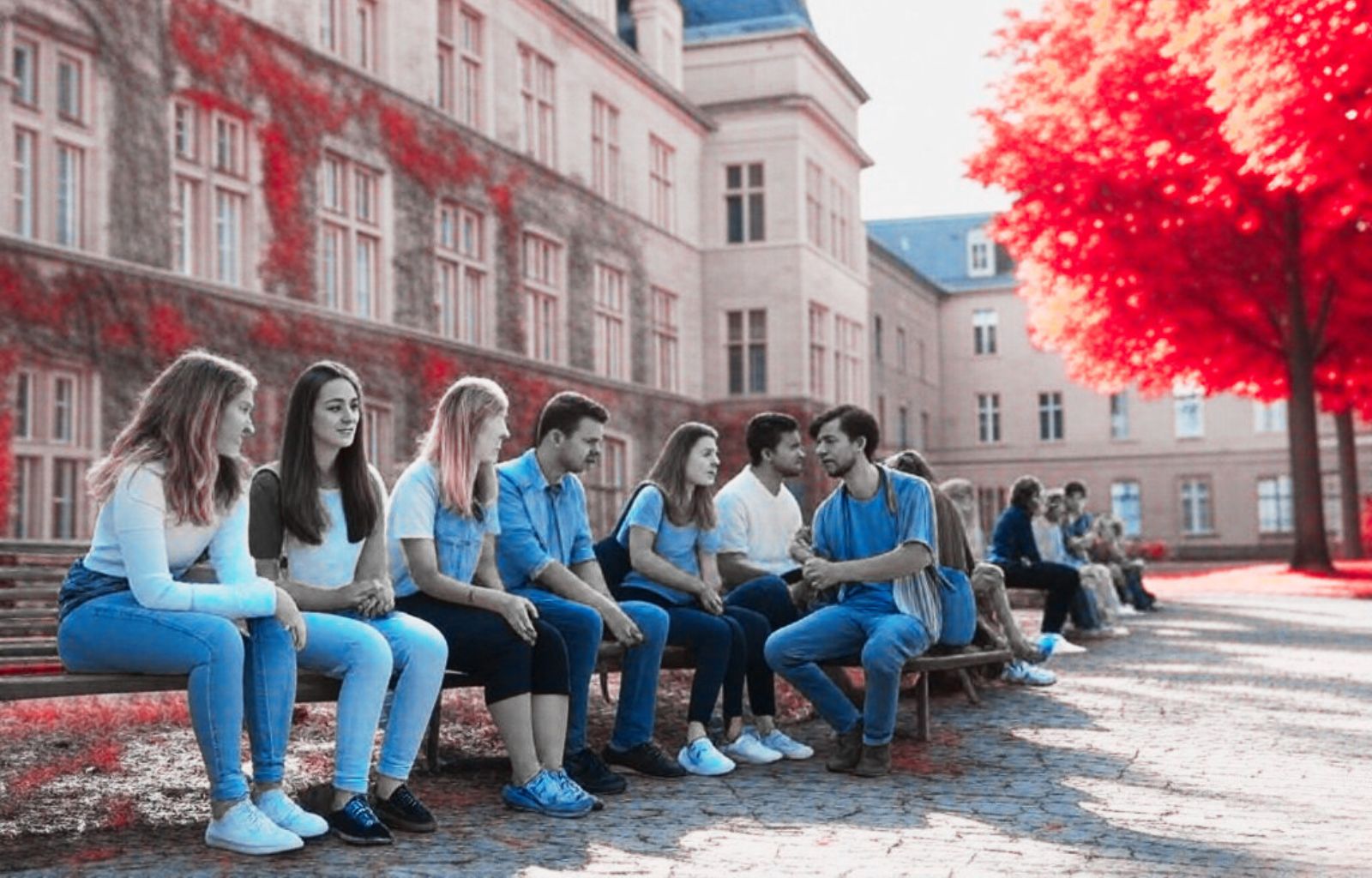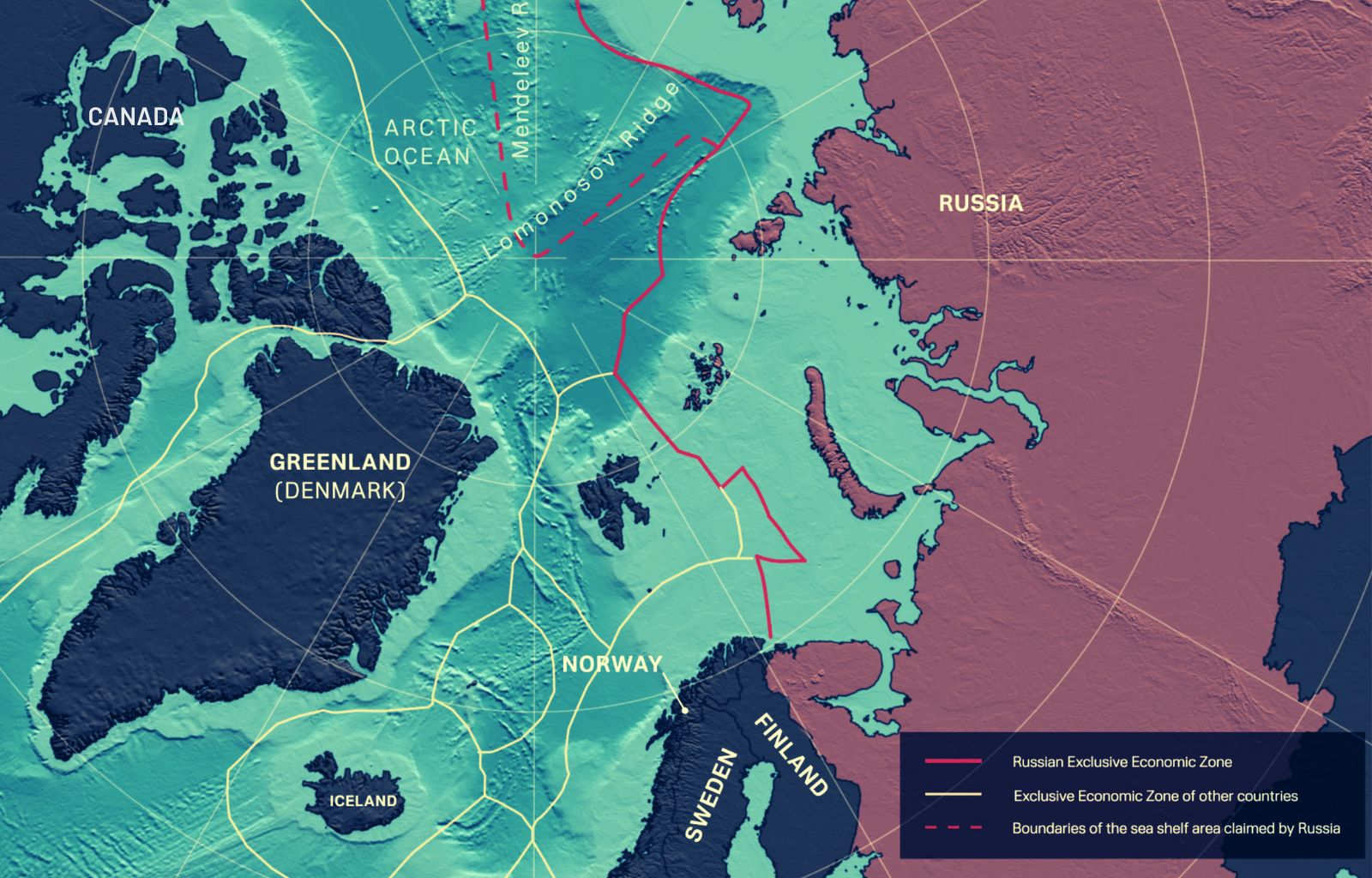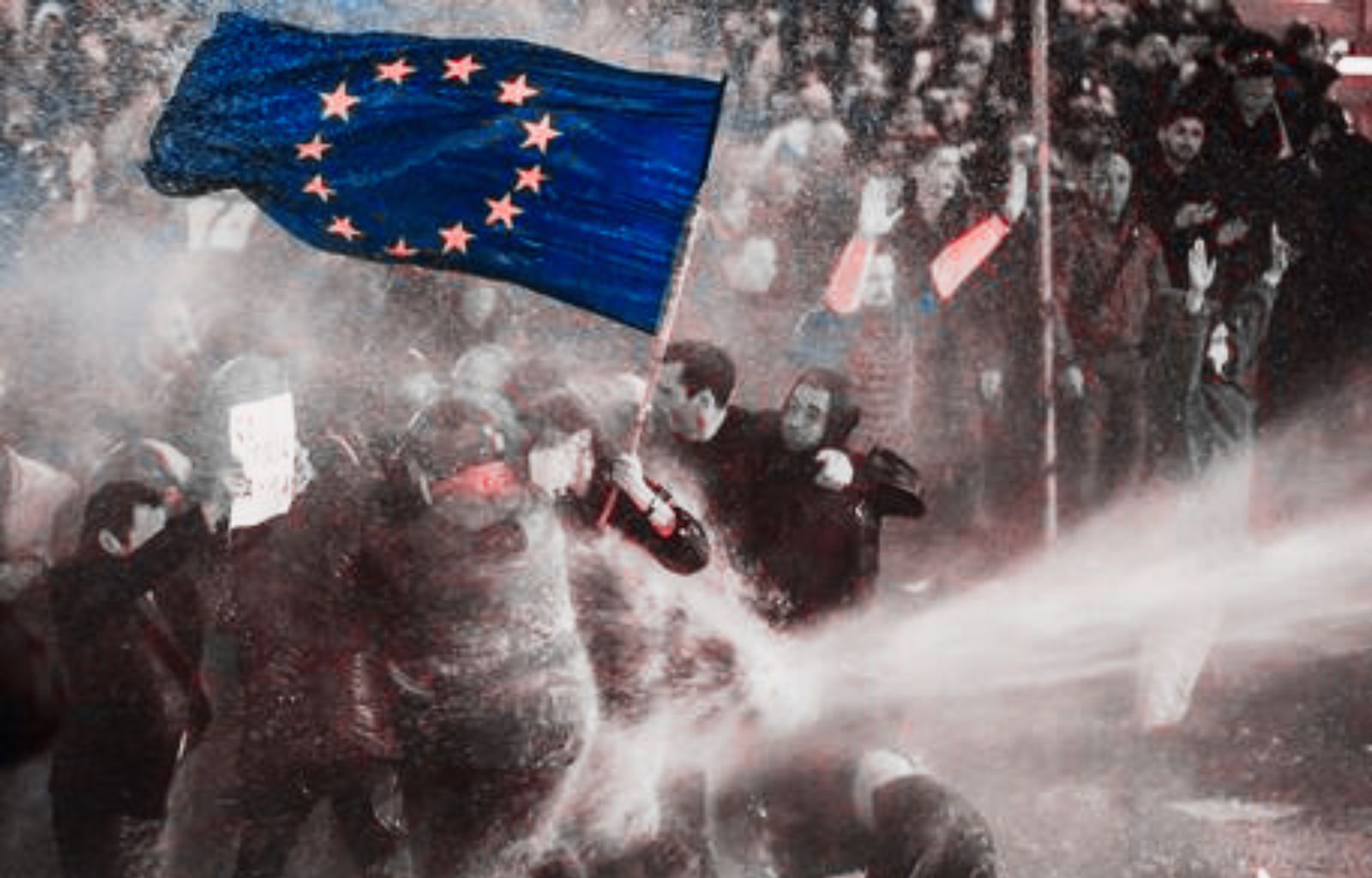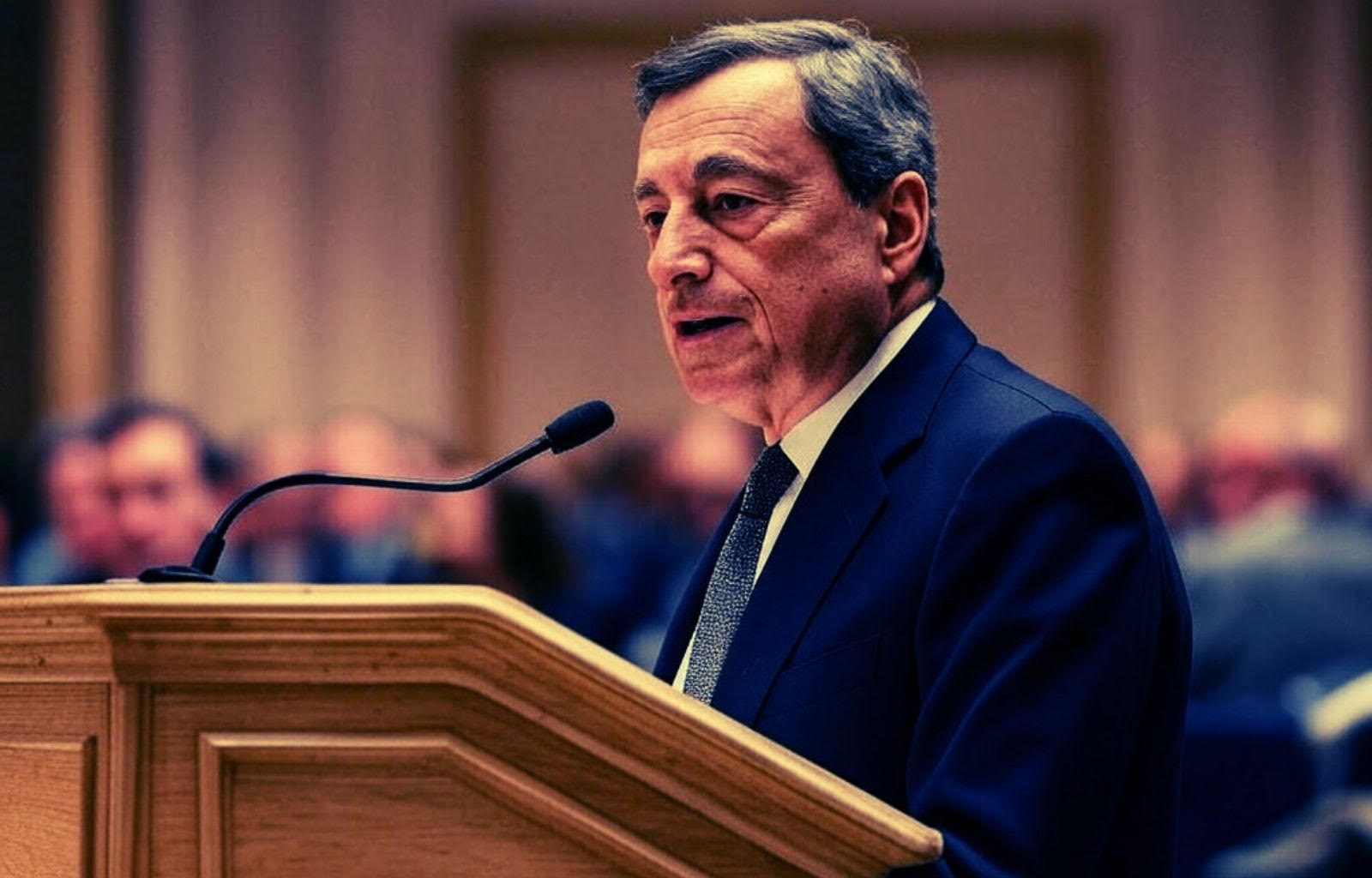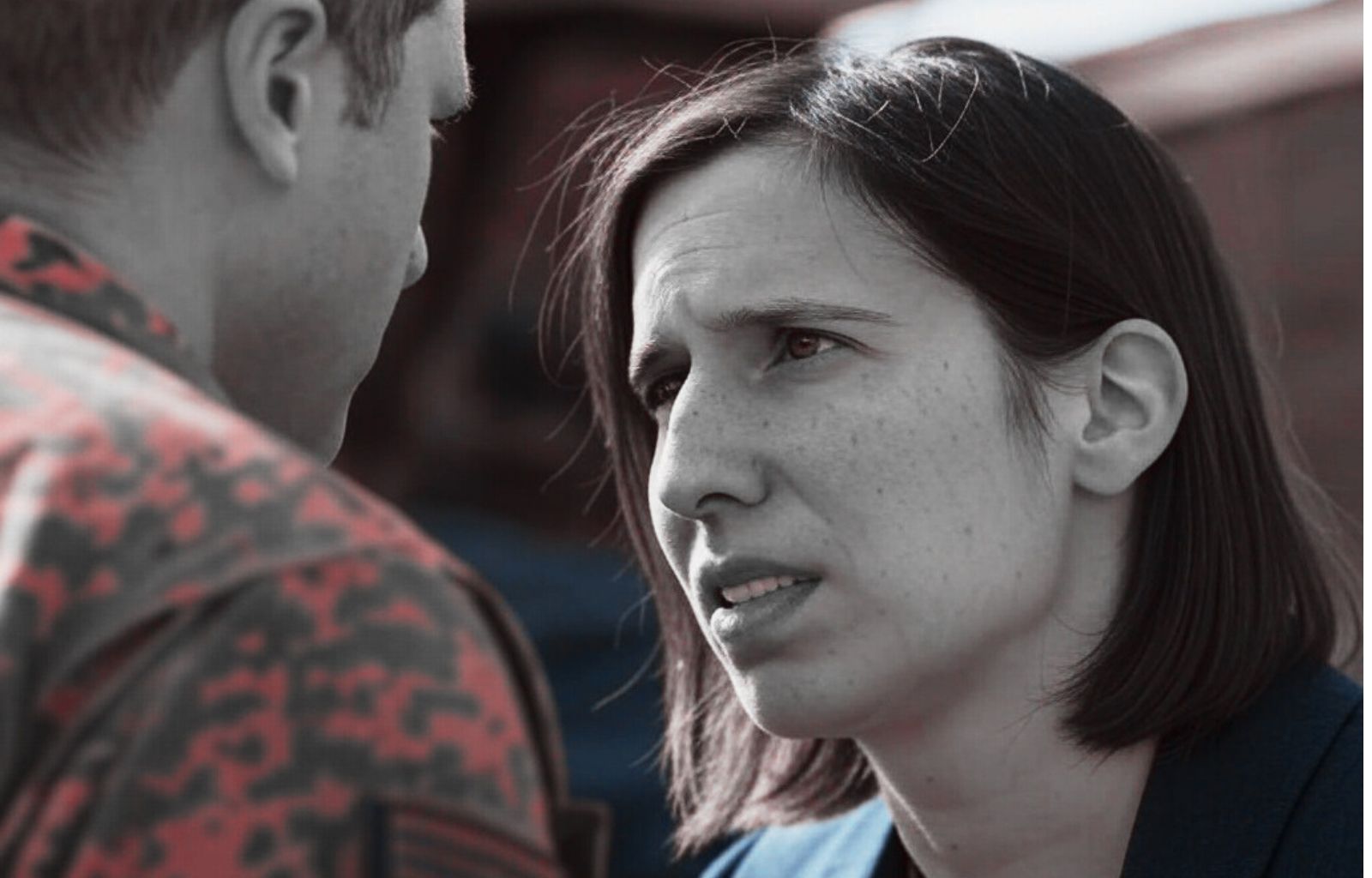Turkey vs Turkey, or Ataturk vs Erdogan
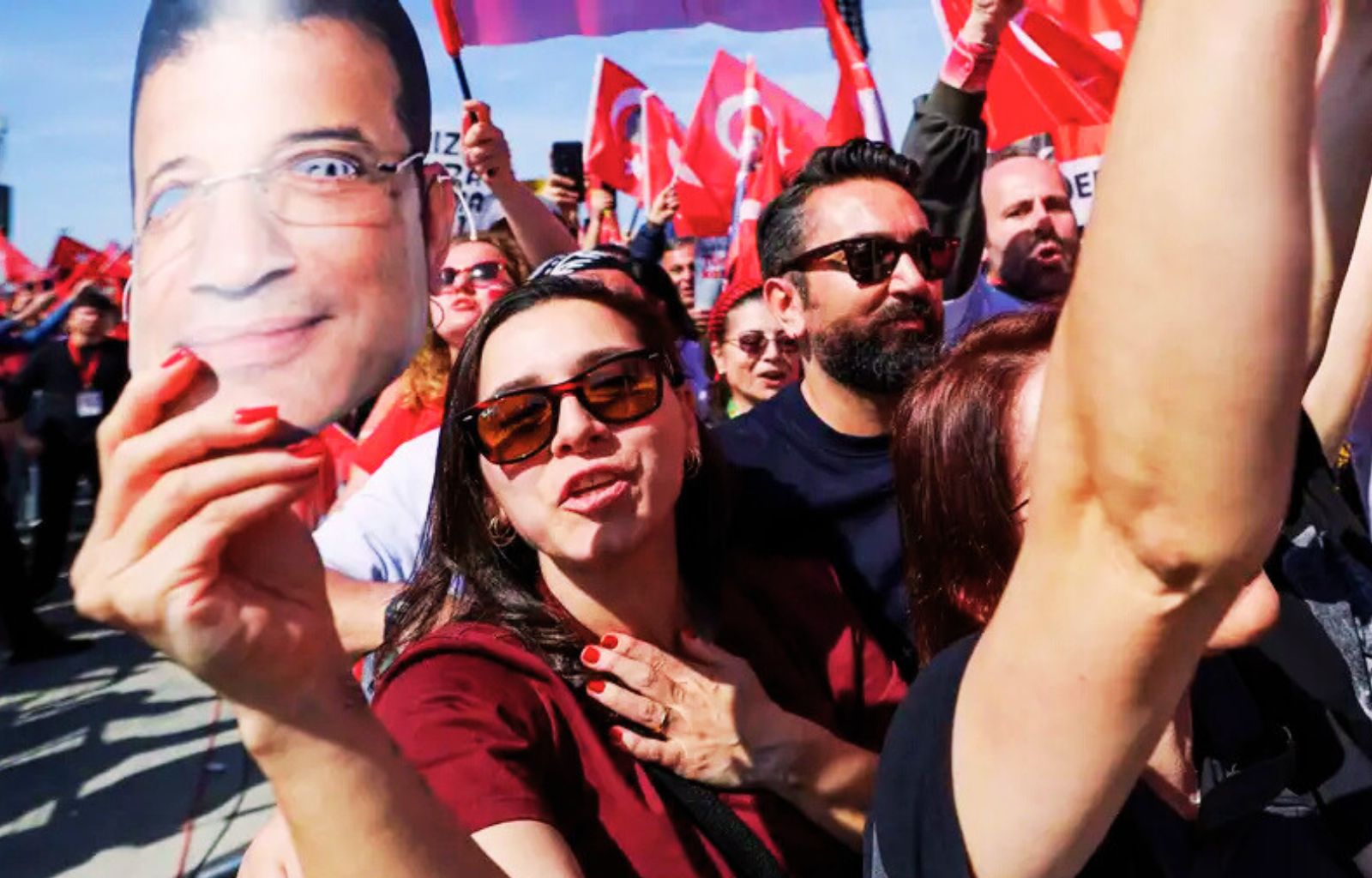
In the silence of the Western chancelleries, Turkey is in turmoil, and the country’s democratic hold is hanging by a thread.
The arrest of Ekrem Imamoglu and the Gen Z street protests
For more than two weeks now, the squares of Turkey’s most populous cities have been animated by non-stop protests against the anti-democratic conduct of Recep Tayyip Erdogan’s government.
The largest popular uprising in the now 22 years of power of the AKP (Justice and Development Party) leader was triggered by the imprisonment sentence with disqualification from public office of Ekrem Imamoglu, mayor of Istanbul and leader in pectore of the Turkish opposition, leader of the Republican People’s Party (CHP), accused of corruption and aiding and abetting terrorism, charges the opposition considers specious.
The arrest of the first citizen of Turkey’s most populous city (15,701,602 inhabitants as of 2024) was followed by massive demonstrations in dissent with the government line, led and fuelled by Turkish Gen Z. Anatolian youth poured into the squares and streets to strongly oppose the increasingly evident authoritarian drift undertaken by the Erdogan government, with the aim of reversing the path of democratic regression into which the Republic of Turkey has plunged.
The very young people taking to the streets today have never experienced Turkey without Erdogan, they have no memory of the golden years of their country’s economic development (2005-2012), which is still a guarantee of strong credibility for the AKP in the over-40 electorate, and they see the current ruling class as responsible for the difficult economic situation the Anatolian nation is experiencing. The young protesters, mostly from universities, have very transversal political connotations, ranging from Kurdish and Armenian minorities to Kemalist nationalist fringes, but they march in unison with the hope of saving their future.
Growing economic difficulties
After years of hyperinflation, with peaks of 120% per year in the late 1990s, in 2005 the then newly elected Prime Minister Erdogan and Finance Minister Simsek implemented a winning economic plan, introducing a new national currency, the Yeni Türk lirası, which cut six zeros from the previous currency and had the merit of stabilising the economy, sparking the liaison d’amour between the AKP leader and the Turkish people.
Today, however, the Turkish lira has lost much of its value and the economy is in recession. Official inflation is at 44.4%, but independent estimates put it at 83.4%(Inflation Research Group). Erdogan, after years of populist and ultra-liberal policies, pursued by stubbornly keeping interest rates very low, imposed a belated monetary tightening in 2023, without succeeding in curbing the decline in purchasing power and popular discontent. In the meantime, thanks to an extraordinary effect of the exchange rate, the number of Turkish millionaires has risen by leaps and bounds, at the same time as absolute poverty has grown exponentially and the middle class has seen its savings potential disappear over the years.
Erdogan’s will to power and geopolitical acumen
In the context of a less than ideal domestic situation, Erdogan has nevertheless managed to carve out a leading role for himself on the international political chessboard. No one better than he has embodied the neo-Ottoman imperialist spirit that burns in the hearts of the Turkish population. The Sultan, as many compatriots call him, has been adept at disentangling himself from the geopolitical contingencies of the last two decades, giving his country a dimension of predominant political and military power in the Middle East and Mediterranean region.
The greatest contemporary interpreter of political realism and advocate of a conduct that is both multilateral and independent, Erdogan is a skilful diplomatic manoeuvre man, capable of influencing and playing a leading role in all strategic conjunctures tangential to Turkey’s new area of influence, which extends from the Islamic D-8 territories to Libya, with the new mega-special economic zone in the Mediterranean and, more recently, to Syria.
The military strength of Ankara’s army, which numbers more than 400,000, has assumed a dominant weight in the region, thanks in part to its leader’s strategic ability to determine the balance of the various diplomatic tables, due to simultaneous membership in NATO, membership in the BRICS, leadership in the Muslim world, and, let us not forget, status as a candidate country for EU membership.
We discussed these geopolitical contingencies in a previous article: Why Erdogan is the geopolitical winner of 2024, and why to fear him.
Towards the Presidential elections, the agreement with the PKK and the constitutional revision
Sultan Erdogan’s recent moves, with the arrest of his most influential opponent and the repression launched in the streets and in public opinion, should be read in connection with the approaching expiry of the presidential term in 2028.
Three years seems like a long time away, but the President’s current activism is motivated not only by the growing discontent and structuring of the opposition, but also by the need to revise the Constitution again in order to obtain a new mandate. In accordance with the presidential reform, which Erdogan himself wanted after the failed paramilitary coup in 2016, there is a two-term limit for the President, who is endowed with very expansive powers.
Well, after being elected in 2018 and 2023, in three years Erdogan would no longer be eligible for re-election. Unwilling to retire to a contemplative life, the 71-year-old president is in the process of passing a new constitutional amendment to lengthen his term of office. The recent statement by PKK leader Öcalan, attempting to normalise relations between the Kurdish minority and the government in Ankara, should also be read in this light. This move could secure parliamentary support for the constitutional revision from the moderate Kurdish party now known as the DEM Party (formerly HDP), which is crucial for obtaining the necessary 2/3 majority in the Grand National Assembly.
What future, Kemalian democracy or Muslim autocracy?
Erdogan’s elasticity towards the oppositions has become more and more meagre and, as a result of the international scenario in which diplomatic discrimination against violators of the rule of law has ceased, his government has intensified political and religious repressions. In the last month alone, in addition to Imamoglu, 1879 political opponents and 12 journalists were arrested, of whom only three were released.
Erdogan’s own words, dated 1994, give us a reading of the current reality: ‘Democracy is like a tram, when you get to the stop you get off’.
Perhaps the Sultan has decided to abandon the tram for good, but there are still millions of young Turks on board, determined to fight to the end to preserve democracy.

